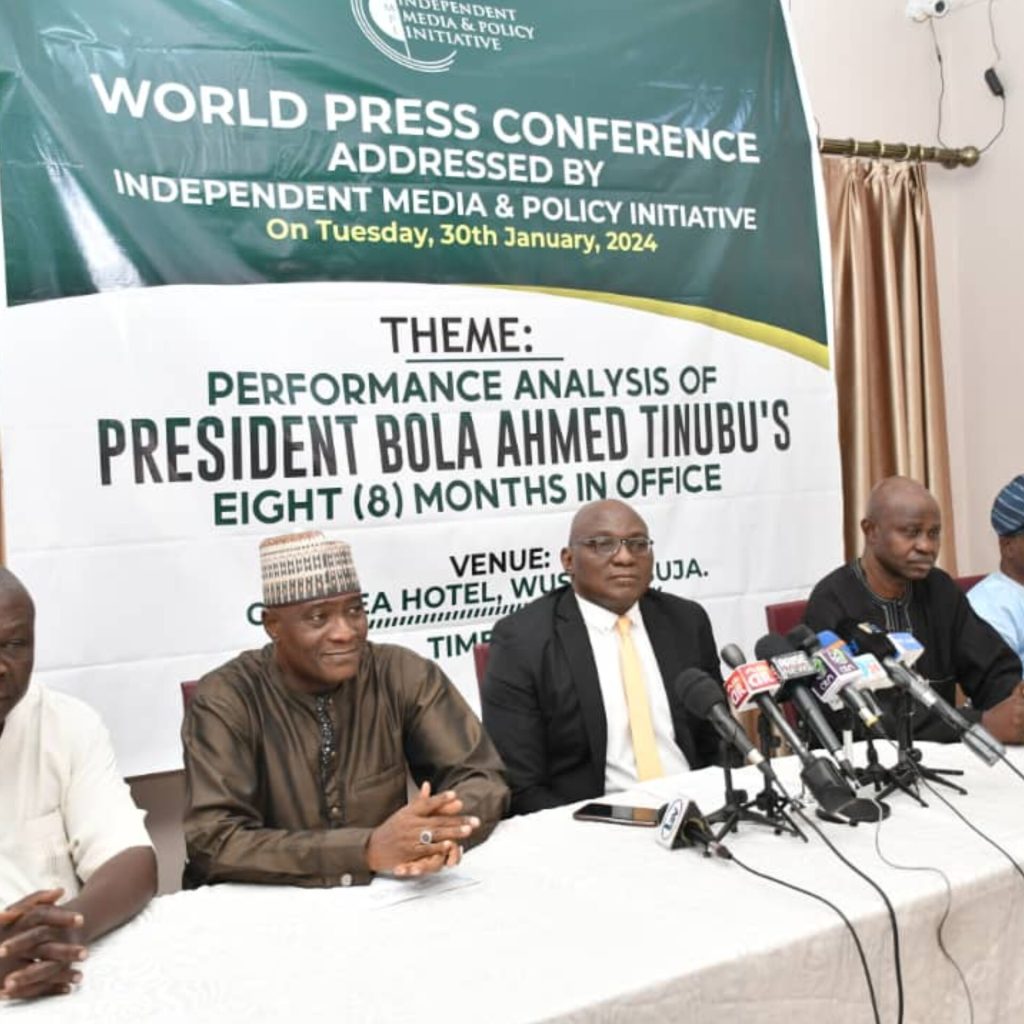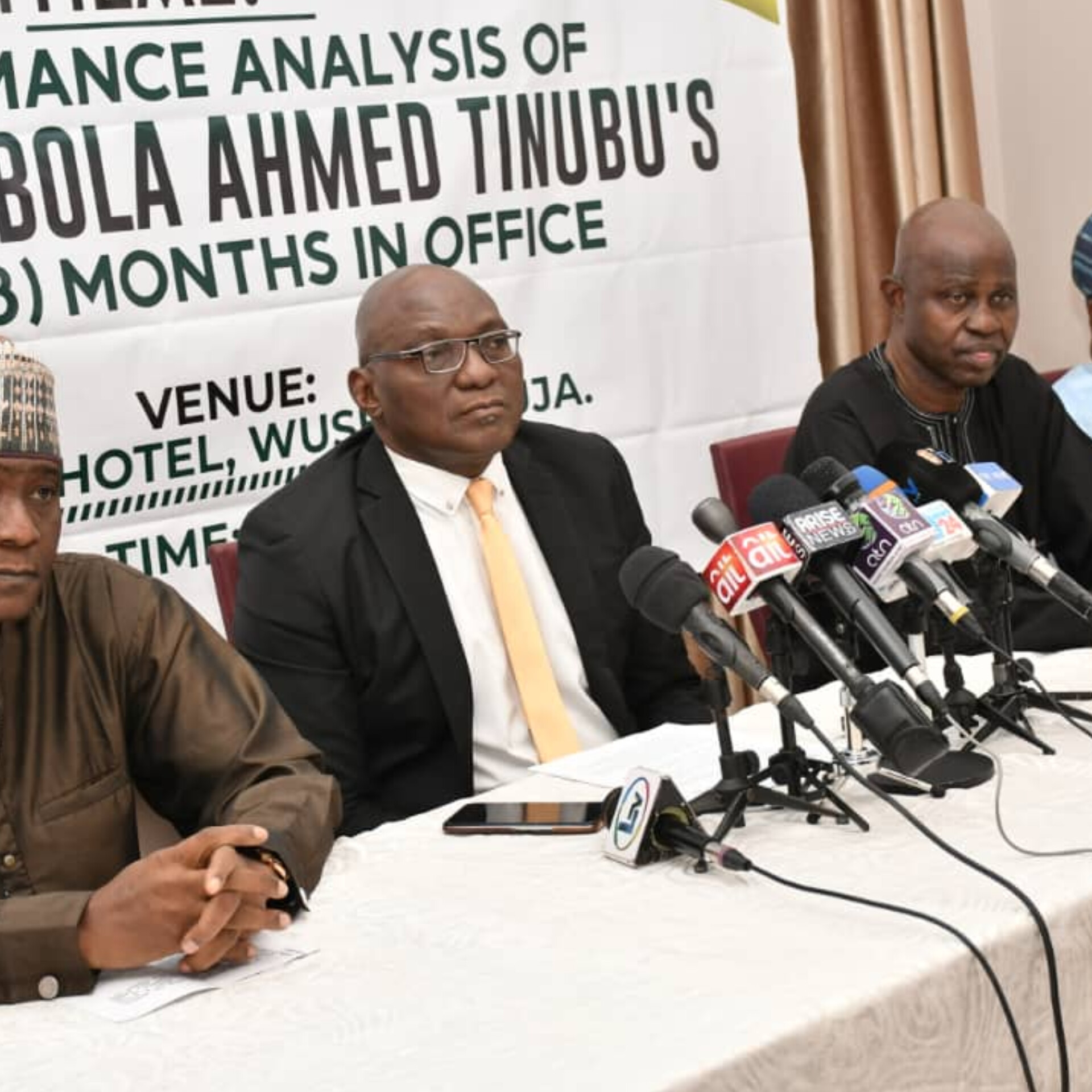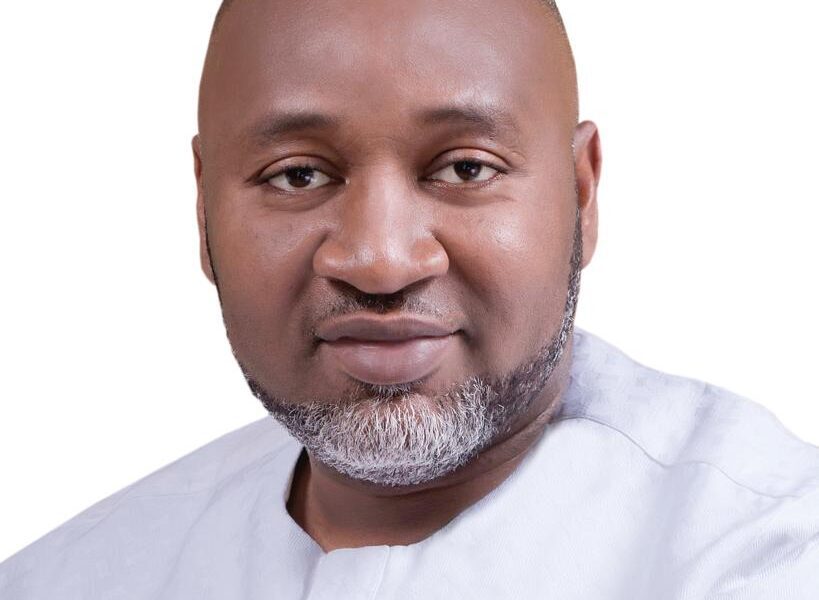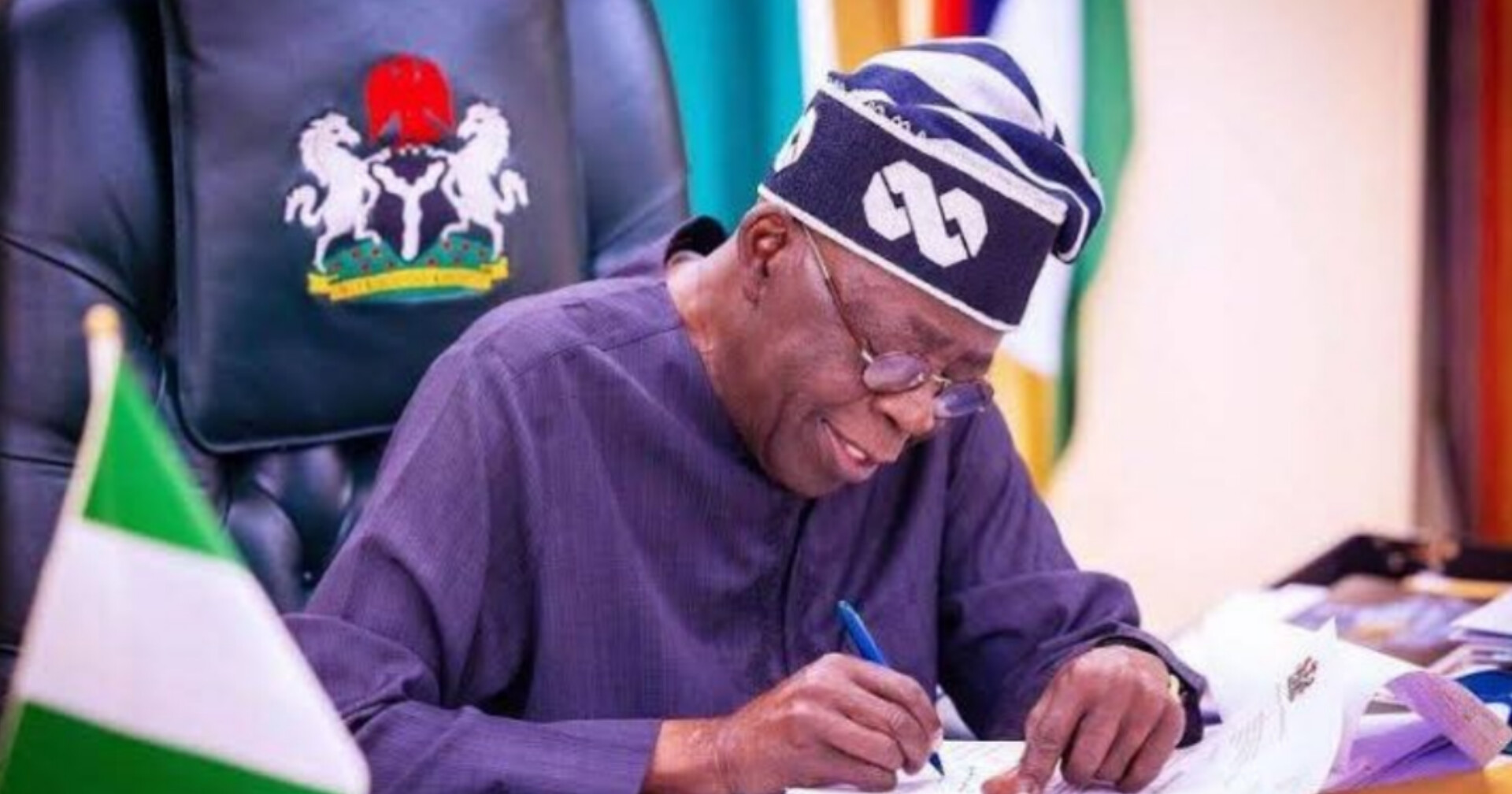***Asks President to maintain tempo on fight against corruption
The Independent Media & Policy Initiative (IMPI) has rated the administration of President Bola Ahmed Tinubu high in the delivery of its Renewed Hope Agenda
This it said is despite enormous institutional, economic headwinds and domestic challenges it has had to contend with.

At a press conference on Tuesday in Abuja, Chairman of the IMPI, Chief Niyi Akinsiju indicated that from the conceptualisation and deployment of policies across multifarious sectors by the federal government, it is convinced that “President Tinubu is putting in place new building blocks to serve as the bedrock of a new model for national economic growth and socio-political development.”
The Group had reviewed policy applications by the federal government and the Central Bank working together in the management of foreign exchange, and it encouraged that the policy outcomes of the collaboration would address the supply side of forex in the context of the current floating regime with expected consequential effects on the value of the Naira.

“Currently the Nigerian Stock market takes a pride of place as the number one stock exchange globally, principally driven by domestic investors, which as at 2023, accounted for 88.52% of total market value.
“This is a confirmation of the existence of conducive environment for foreign investors to invest across the Nigerian investment ecosystem.”
While acknowledging that the removal of fuel subsidy triggered the immediate positive outturn on Premium Motor Spirit (PMS) consumption and related revenue earnings compared to the pre-subsidy removal regime, Chief Akinsiju said the action has led to a quantum leap in total gross revenue going into the federation account and subsequent FAAC allocation to the three tiers of government from N786.161bn in May 2023 to a high of N1.1trn in August because NNPCL was no longer resorting to its famed under-recovery.
“And for the first time in the history of FAAC, the Federal Government of Nigeria started cultivating the culture of savings from revenue accruals beginning from the over N700bn that was saved in July last year when the FAAC received the sum of N1.959 trillion.
“This has marked a turning point in Federation accruals and revenue generation with implications for budget performance.”
On the concerns over food inflation and its remedies, the group said it findings have shown a commitment by the President to stemming the tide of rising food prices and ensuring food security by approving the accelerated cultivation of 500,000 hectares of land across the country in collaboration with state governments.
“This, in itself, is a commendable model of cooperation between the federal government and the sub-nationals. We are certain that in a short while, Nigerians will start receiving the products of the federal and sub-national governments working together.
“To crystallise the policy, the administration has introduced an irrigation programme to facilitate and guarantee all-year round farming. Our investigation within the general purview of agriculture implicates the deployment of several policies including waivers on the importation of tractors and farm implements, the recent launch of dry season farming in Jigawa State and the allocation of N102bn to the National Agricultural Development Fund (NADFUND) to mention just a few.
“It is our view that these measures will guarantee adequate food supply in the shortest possible time.”
On the fight against corruption by the Tinubu’s administration, the group urged the President not to bow to pressure, but ensure that the report of investigation and those of other government officials under investigation be made public in the spirit of transparency.
“However, we take notice of the President’s swift response to corruption allegations against a member of his cabinet, Dr. Betta Edu, by suspending and ordering her investigation.
“Without prejudice to the outcome of the ongoing investigation, we urge the President to not bow to pressure, but ensure that the report of that investigation and those of other government officials under investigation be made public in the spirit of transparency.
“This will go a long way to sending clear signals to local and international audiences about the Tinubu administration’s seriousness to tackle the scourge of corruption as recently observed by the US Secretary of State, Anthony Blinken during a recent visit to Nigeria.”




